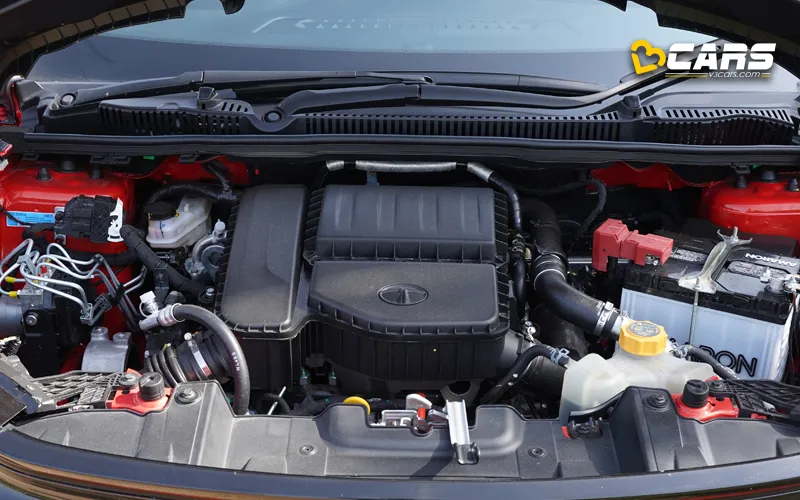Will Diesel Cars Become More Expensive Soon? – V3Cars Explains | V3Cars
At the 63rd Society of Indian Automobile Manufacturers (SIAM) convention, Nitin Gadkari, the Union minister for road transport and highways, said that he wishes to propose 10% additional GST on diesel vehicles to the finance minister. However, he later clarified that there is no such proposal under active consideration by the government. Read on to know how Gadakri’s statement could affect the fate of diesel cars and SUVs in India.

Gadkari Clarifies Statement On Diesel Vehicle Tax Hike
In a bid to promote the manufacturing of zero emission vehicles, the Union minister Nitin Gadkari warned manufacturers present at the SIAM convention that he would propose a 10% GST hike on diesel vehicles, calling it a ‘pollution tax’. The minister was quoted saying “I would urge you to reduce production of diesel vehicles. If you don’t reduce, we have to increase taxes so much, you will find it difficult to sell diesel vehicles.” This statement sent the market into a tizzy. However, the minister later clarified that there is no such proposal under active consideration by the government.
Note: Instantly Sell Your Old Car With V3Cars Sell Used Car Platform
Back in 2014, the government deregulated the prices of diesel, which led to a slump in the sales of diesel vehicles. In subsequent years, more stringent emission norms forced many car manufacturers to stop the production and sales of diesel vehicles altogether. While diesel vehicles accounted for 52% of all vehicles manufactured in 2014, only 18% of all passenger vehicles sold in the last financial year run on diesel fuel.
"After 2014, 52% of the (number of) diesel vehicles reduced to 18%. Now that the automobile industry is growing, diesel vehicles shouldn't increase. You make decisions at your level so that diesel (vehicle) is reduced. If it wouldn't happen, then I would recommend to the finance minister that diesel is creating a lot of pollution so a 10% additional tax should be levied on it," Gadkari said.
Meanwhile, the government is making all the necessary efforts to increase the pace of adoption of alternative fuel powered vehicles like hybrids, hydrogen and even battery electric vehicles while reducing the dependency on diesel. Additionally, we also see a big push towards ethanol-blended fuel, which not only helps reduce the country’s reliance on fuel imports but also curb emissions as ethanol-compliant vehicles produce fewer tailpipe emissions.
Note: Now Find Out The Fuel Price In India Using V3Cars

Currently, diesel-powered vehicles attract 28% GST and a compensation cess ranging between 3% - 22%, depending on vehicle class and engine displacement. If Gadkari were to propose a 10% GST hike on all diesel vehicles, diesel vehicles would attract a total tax imposition of up to 60%.
Needless to say, this would further reduce sales of diesel-powered vehicles, which are already slipping out from the consumer’s mindset thanks to the introduction of EVs and strong hybrid vehicles in the market. If the higher GST is imposed, the diesel-powered variants of various models, such as the Tata Nexon and Hyundai Venue, could face the axe eventually. Meanwhile, carmakers like Mahindra and Toyota whose best-sellers are powered by diesel engines will surely face a slump in sales.
Also Read: VW Introduce Virtus GT Edge Edition In Matte Grey Colour



0 Comments